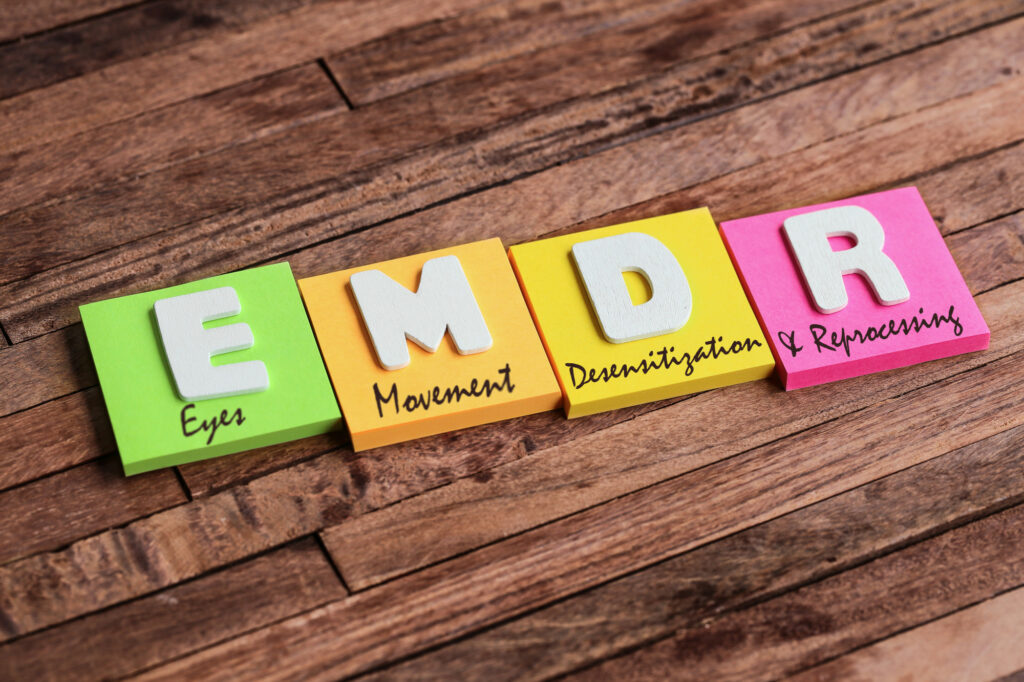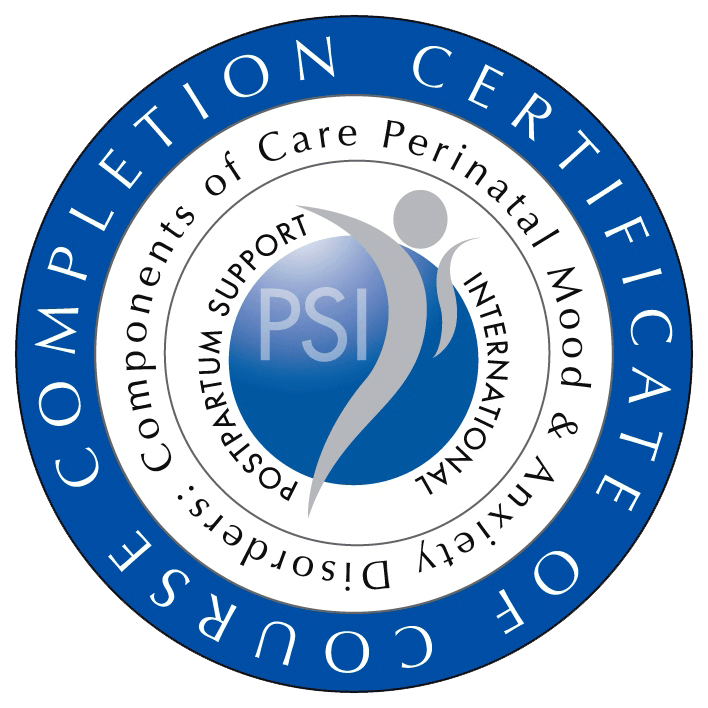According to the National Center for PTSD, six out of one hundred adults will have PTSD during their lives.
And about 8 of every 100 women (or 8%) develop PTSD sometime in their lives compared with about 4 of every 100 men (or 4%).
One of the most effective treatments for PTSD is Eye Movement Desensitization and Reprocessing (EMDR). EMDR is a powerful tool to help people process and move on from traumatic experiences. It’s been used to help people with PTSD, addiction, and other mental health concerns.
If you or someone you know could benefit from EMDR, this guide will tell you everything you need to know. You’ll learn how it works, its benefits, and how to find a therapist who offers EMDR.
Keep reading to learn more about EMDR and how it can help you heal from trauma.
What Is EMDR?
EMDR is an acronym for “Eye Movement Desensitization and Reprocessing.” It is an innovative approach to psychotherapy that treats various psychological problems.
Individuals who have experienced trauma often struggle with intrusive thoughts and flashbacks. Intrusive thoughts and flashbacks can be so debilitating that individuals may struggle to go about their daily lives. EMDR can help reduce the intensity of these symptoms and promote healing.
EMDR was developed in the 1980s by Dr. Francine Shapiro, and it has been extensively researched since then. EMDR is now recognized as an effective treatment for trauma by the American Psychiatric Association, the World Health Organization, and other major organizations.
How Does EMDR Therapy Work?
EMDR involves bilateral stimulation (alternately stimulating both sides of the brain). It has been shown to help reduce the intensity of negative emotions and increase positive emotions.
EMDR is based on the idea that our brains have difficulty processing information correctly after a traumatic event. When you experience a traumatic event, your brain typically goes into survival mode (also known as fight, flight, freeze, or fawn) and doesn’t process the information in the usual way.
This can leave you feeling “stuck” in the trauma as if it is happening again and again. EMDR therapy can help “unstick” these memories to be processed in a more adaptive way.
If you’ve experienced trauma, you may have intrusive thoughts and flashbacks. Intrusive thoughts and flashbacks can be so debilitating that you may struggle to manage your emotions and go about your daily life.
But EMDR assists your brain in re-processing the memory of your trauma so that it is no longer as distressing.
What Is EMDR Therapy Used For?
EMDR is generally used to treat symptoms that result from exposure to a traumatic event.
This type of therapy is often used to treat the following:
- Anxiety
- Depression
- Eating disorders
- Panic disorders
- Phobias
- Post-traumatic stress disorder (PTSD)
- Substance abuse disorders
EMDR has also been used to help people with various other issues, such as performance anxiety, relationship issues, and grief.
The EMDR Therapy Process
EMDR therapy generally consists of 8-12 sessions, although some people may need more or fewer sessions.
During EMDR, you will work with a therapist to identify a traumatic memory that you would like to work on. You will then be asked to focus on that memory while the therapist uses bilateral stimulation (eye movements, sounds, or taps) to help you process the memory in a new way.
The therapist will also help you develop healthy coping techniques and skills. This may include cognitive restructuring (challenging negative thoughts) and relaxation techniques.
EMDR can be used during your normal therapy sessions to process traumatic memories; however, scheduling extended sessions (or EMDR intensives) is also an option. This allows for time to continue processing traumatic memories effectively without interruption and losing momentum. Intensive sessions can be anywhere from 1.5 hours to day-long commitments, depending on the needs of the client.
The Benefits of EMDR Therapy
For most people EMDR therapy is a short-term treatment that can be very effectively used to treat PTSD, anxiety, depression, and other mental health disorders.
It can help you to heal from trauma and learn healthy coping techniques. EMDR can also help you with various other issues, such as performance anxiety, relationship issues, grief, etc.
The following list includes some of the potential benefits of EMDR therapy:
- Reduced symptoms of PTSD
- Reduced anxiety
- Reduced depression
- Improved sleep
- Improved self-esteem
- Increased sense of control
Several studies have found EMDR to be more effective than other treatments for PTSD. EMDR may be especially helpful for treating complex PTSD, a type of PTSD that can occur after exposure to prolonged or many traumas.
More Than Trauma Treatment
EMDR helps people who have experienced a traumatic event at any point in their lives. An event outside of everyday human experience can cause feelings of helplessness, fear, or horror. EMDR therapy can help you process these memories more adaptively.
But EMDR isn’t just for people who have experienced trauma. EMDR therapy can treat various mental health disorders, including anxiety, depression, or addictions.
EMDR therapy also can help people with other issues, including performance anxiety, relationship issues, or grief.
Get Un-Stuck So You Can Live Your Life
If you or someone you know is struggling with the aftermath of a traumatic event, EMDR therapy may be able to help.
If you seek treatment for PTSD, anxiety, depression, or another mental health disorder, EMDR therapy may be a good option. EMDR can help you process memories in a new way and develop healthy coping techniques. EMDR is a short-term treatment that can provide long-lasting results.
EMDR therapy can help you move on from the past and live your life to its fullest potential with time and patience. If you think this approach might be right for you, get in touch today to set up an appointment.
article, please wait…





